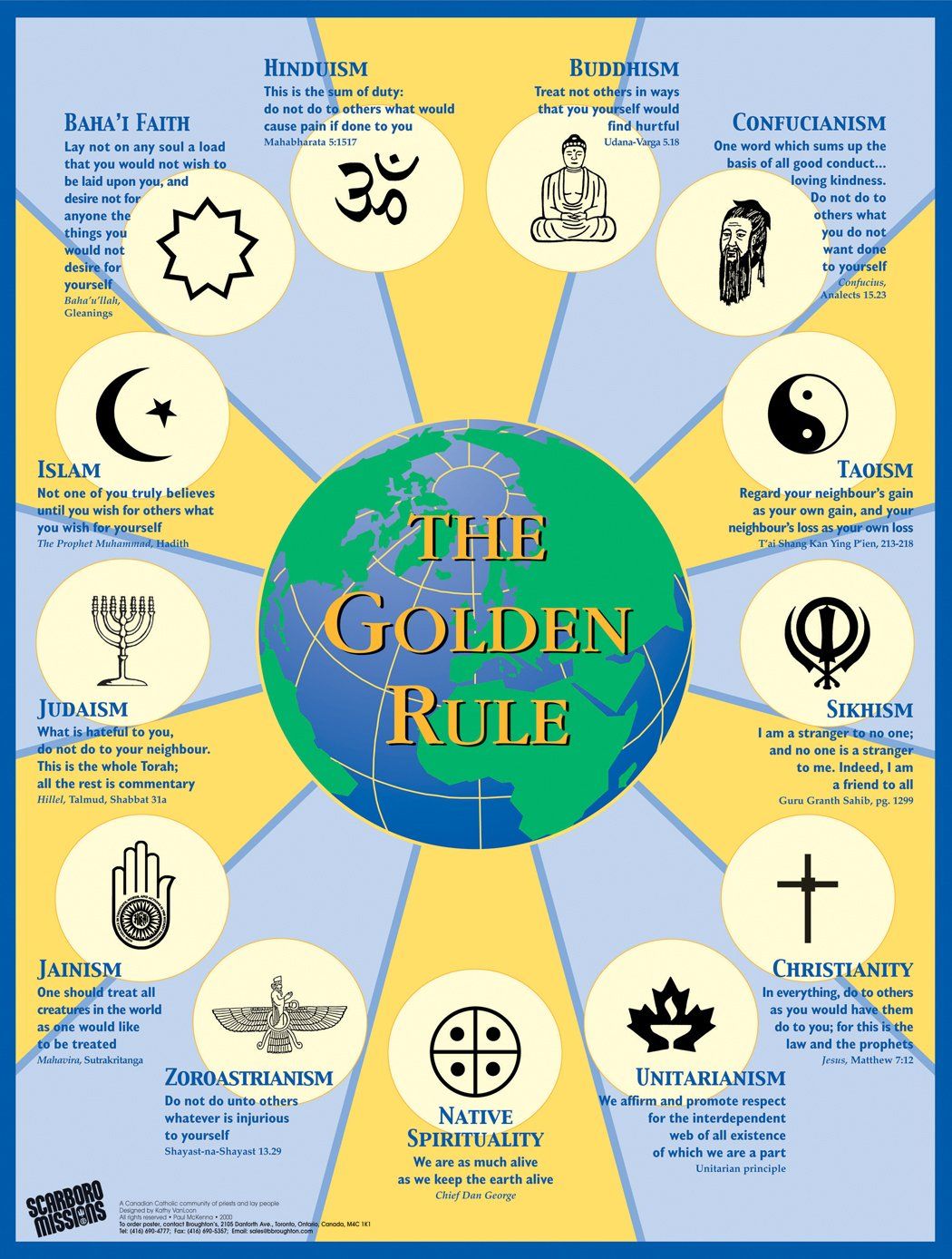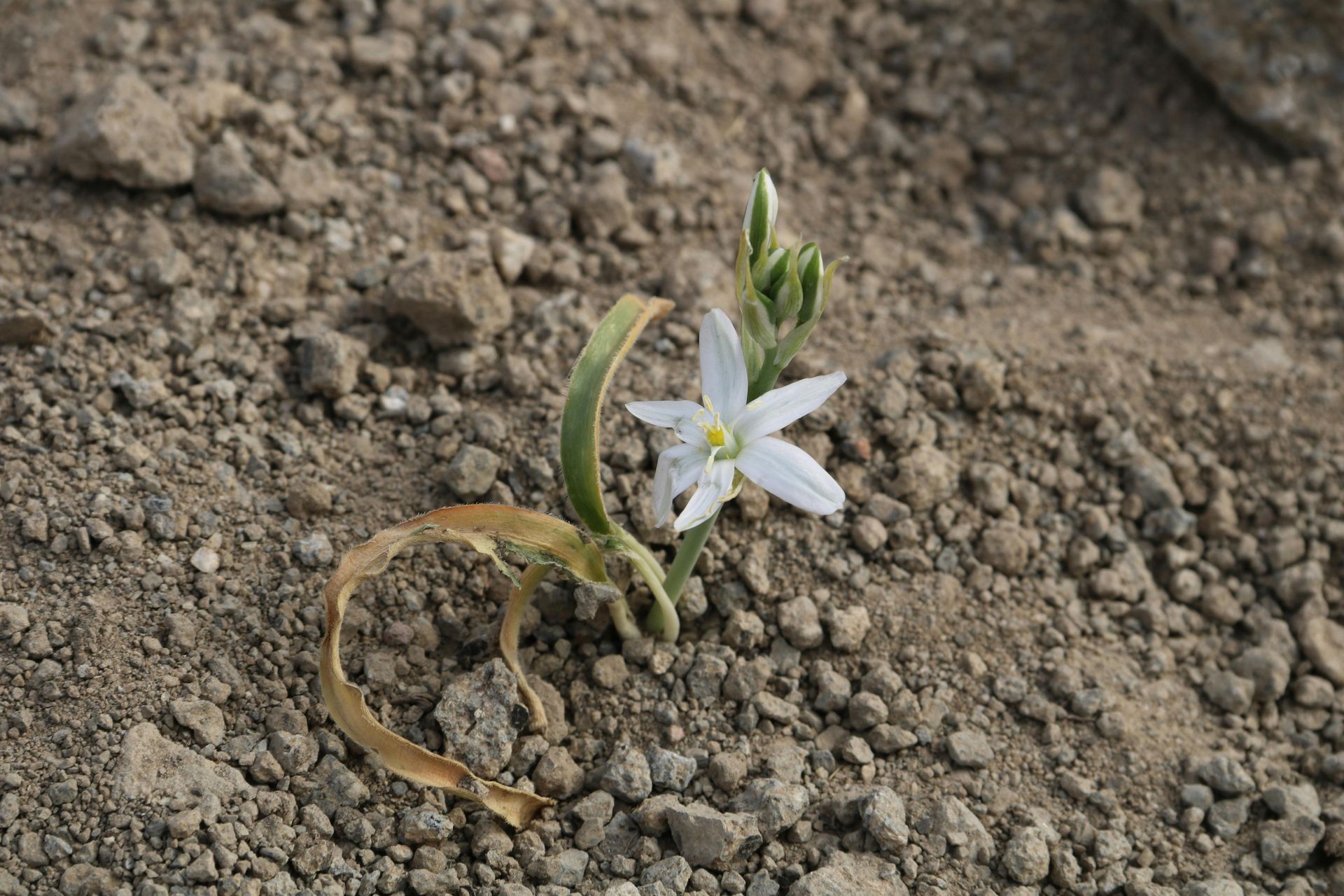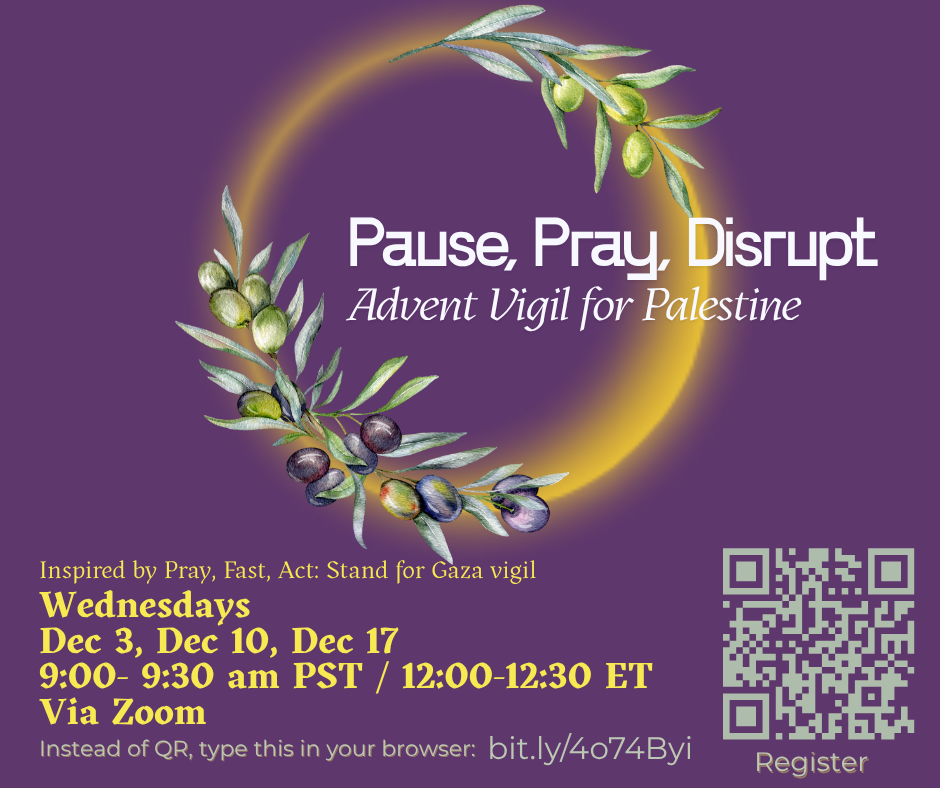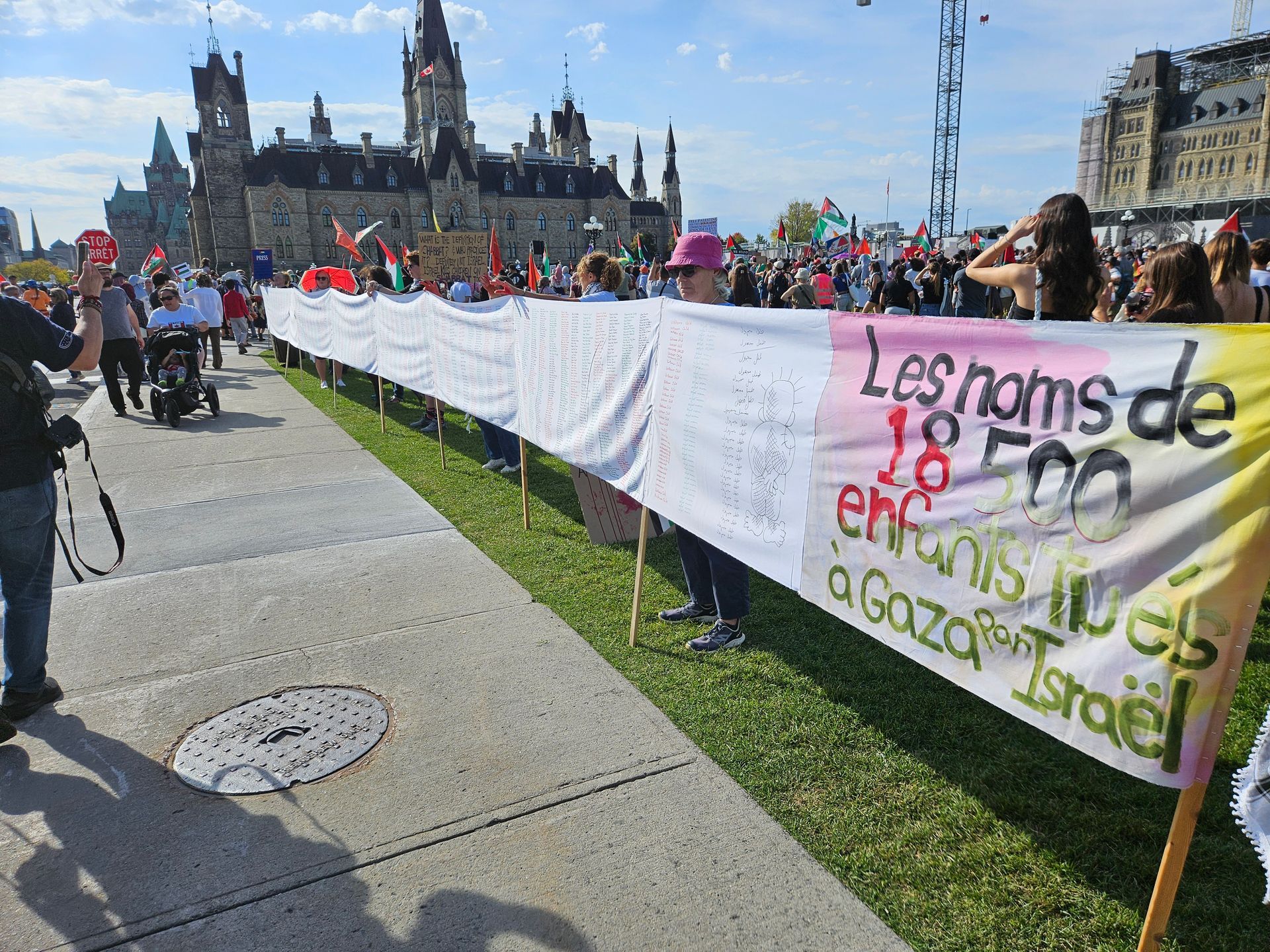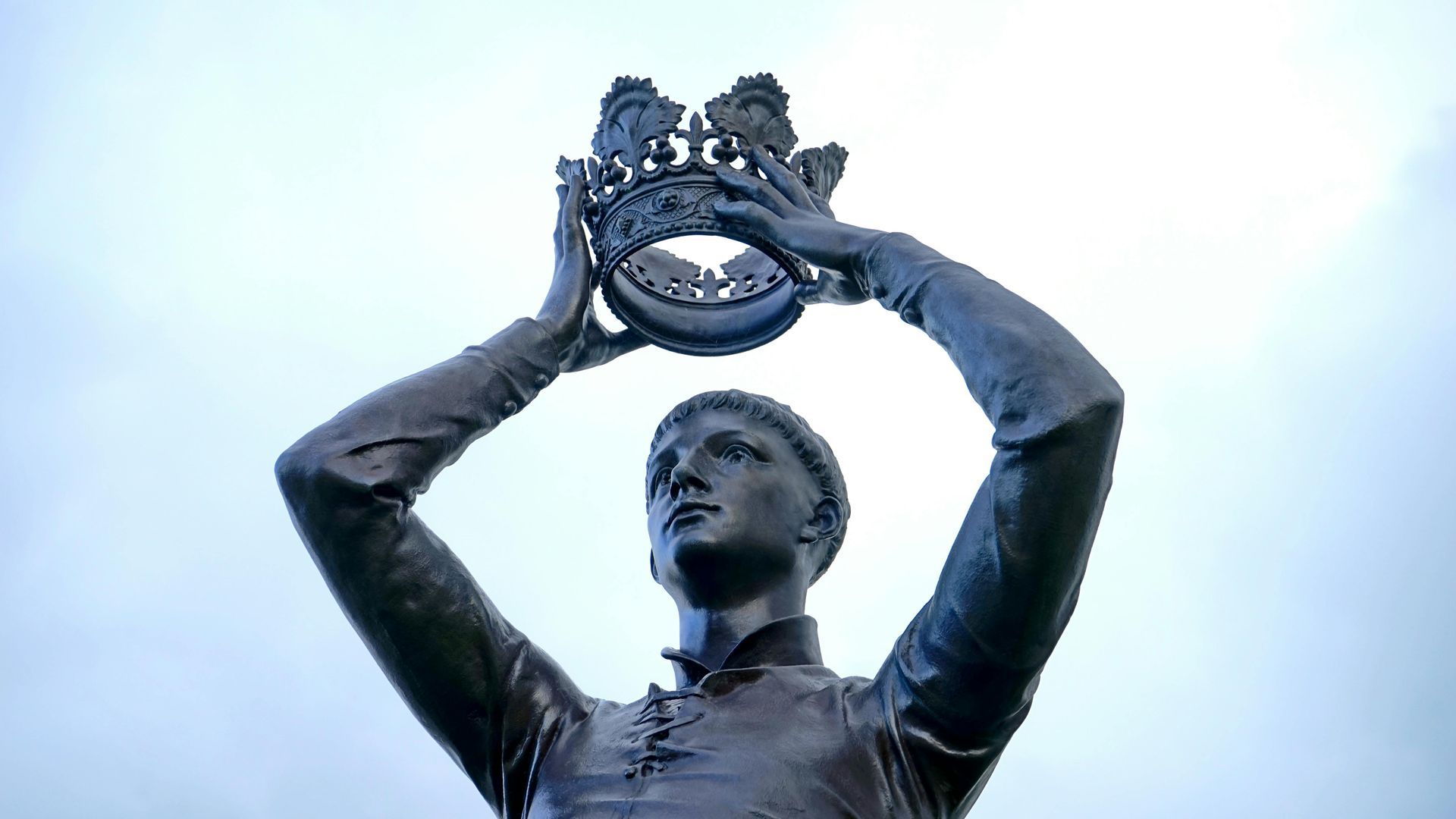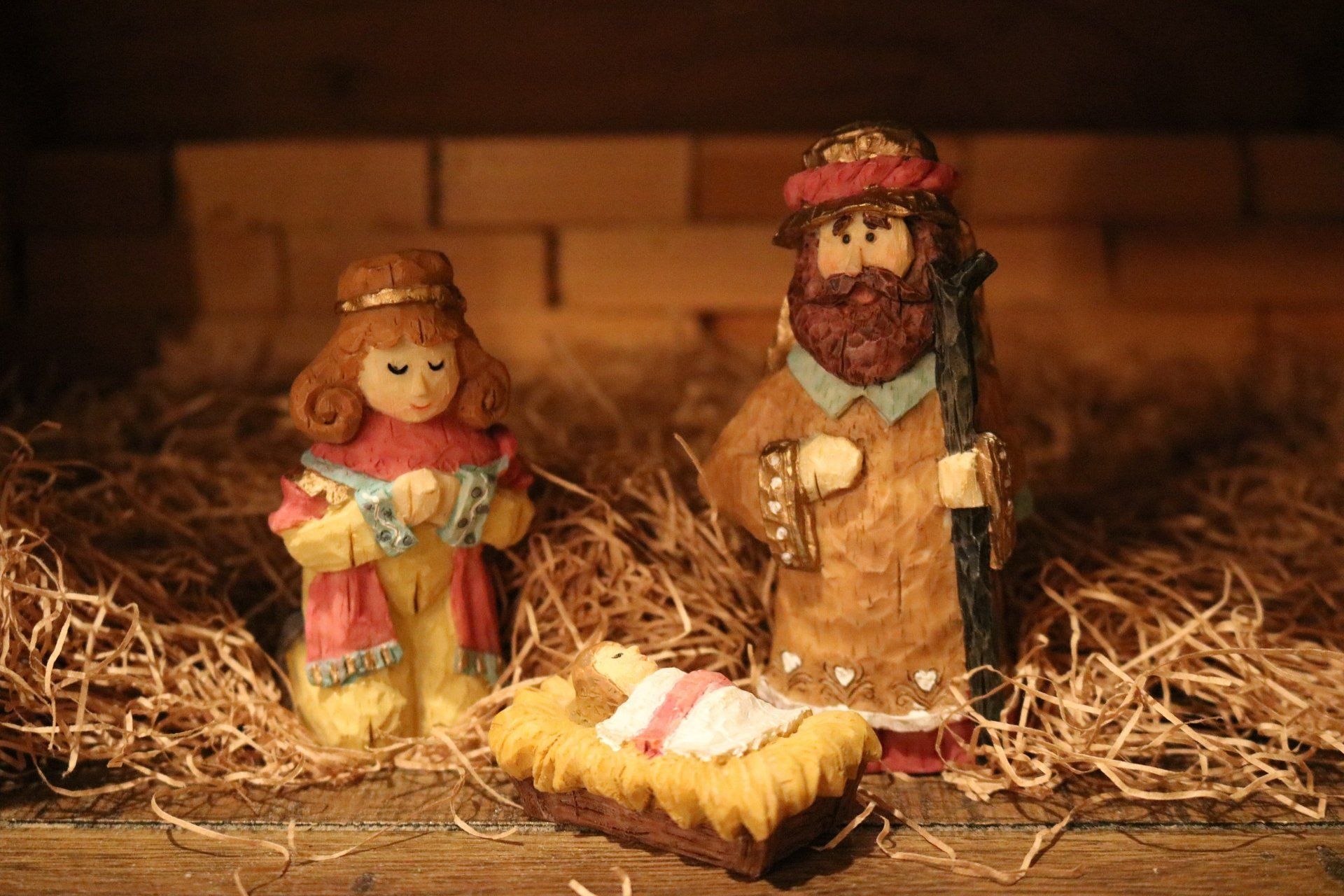Friends and companions of Jesus learning the Way of the Spirit towards the Creator's shalom.
Pilgrim Praxis by A H Harry Oussoren
Recent Posts
LEARN

It's easy to get seduced into spending tooooooo much time on Facebook postings and Twitter tweets, I've found. I look forward to Saturdays when the Globe and Mail paper knocks on our apartment door; relish time with novels for withdrawing from the real world into fiction; and enjoy struggling with more substantial reflection on the worlds of politics and theology. Here's a couple of books that have caught my attention and provided stimulating reading time: 1. The Good Society - The Humane Agenda, by John Kenneth Galbraith . New York, Houghton Miflin Company, 1996. ISBN 0-395-7138-5 Not exactly a current book, but one well worth re-reading or reading for the first time. Galbraith is not a Christian theologian, of course, but an economist of international standing, born in Canada. For anyone who roots their social and economic values in faith-based convictions or a lofty utopian vision , this small volume describes an agenda worth pursuing. Compassion, realistic economics, just relations, universal well-being are elements of a "good society" agenda that Galbraith unfolds with readable and profound eloquence. For people who pursue libertarian and individualistic socio-political ideals, Galbraith will readily be dismiss-able. But for Christians who take seriously Jesus' words about relating to others with "kindom" values, Galbraith provides a contemporary compass for the life-long journey towards God's universal shalom. A 143-page read, on which to spend a couple of stimulating hours and, if convicted, a life-time of implementing . 2. The Theology of The United Church of Canada. Don Schweitzer, Michael Bourgeois, Rob Fennell, eds. Wilfrid Laurier University Press. 2019. ISBN 978-1-77112-395-2. Long overdue, this collaborative effort by thirteen United Church of Canada (UCC) theologians - educators and pastors - offers welcome critical reflection on the theological substance of the UCC. Four "subordinate standards" (scripture being the foundational standard) expressing UCC beliefs during the life of the denomination since 1925 provide the writers with a base from which to reflect on key theological concepts and other aspects of the denomination's core theology. The four are: Twenty Articles of Doctrine in the Basis of Union (1925), A Statement of Faith (1940), A New Creed (1968 & revisions) , A Song of Faith (2006). Other documents approved by successive General Councils find their way into the reflections, readily indicating that the UCC is not a "confessional" denomination requiring strict adherence to its formally adopted subordinate statements - notwithstanding the requirement prior to ordination that candidates be in "essential agreement" with the Church's formal theological statements. It may be too much to state that the UCC "is awash" in theology, as one observer claimed in 2005, but the 390-page volume reveals that there is a richness to the Church's theological heritage account. Traditional theological concepts like: the triune God, sin and redemption, christology, the Holy Spirit, sacraments, and eschatology are covered. But less significant other topics with contemporary appeal like "what are people for?", "the good creation: from classical theism to ecotheology", and the impact of mission work on indigenous and ethnic minority communities - indicate clearly that theology is an ongoing "work in progress" in the context of life's experiences and the discernment of the Church. The book is worth reading. I'm wondering to what extent it has been or is being read. I haven't noticed any great effort to make it a study/conversation document for UCC folks and beyond. It would be a shame if the book were only discussed in classrooms of theological schools and religious studies departments, or, worse still, just gathering dust on book shelves alongside too many Bibles. One surprising gap for me: I could not find a single reference to the successful union of the UCC with the Evangelical United Brethren denomination in 1968, even though the failed proposed unions with Anglicans and the Christian Church (Disciples of Christ) are reported. If the UCC is to be renewed, it would be worthwhile for its visionaries to read carefully these 375 pages because where we've come from theologically needs to be carefully weighed as we journey into God's future. 3. The Freedom of God - a Study in the Pneumatology of Robert Jenson. By James Daryn Henry, Lanham Maryland, Lexington Books/Fortress Academic. 2018. The season of the Holy Spirit - that's what theologians with a long view seem to label the current century with many works published on the theme of pneumatology in Christian theology. It's too early in my reading of the printed version of his doctoral thesis to determine whether J.D.Henry has found theological nuggets in the work of Robert Jenson that could enrich our understanding of the Spirit's role in creation, human experience, and faith communities. But the 75 pages (of 290) so far read has pushed my mind into fruitful directions. I'm sensing that Christians have spent too much time claiming the Spirit as their own; on describing the Church as God's goal for humanity. Increasingly I am seeing the Church as a movement called by Jesus to understand the one human family within Creation as being the goal for God's redemptive action. Just a glimpse for now. More to come....
PROPHECY TODAY - RESIST
DEATH & RESURRECTION - RISK
COMMUNITIES of FAITH & MISSION - SHARE
Show More


